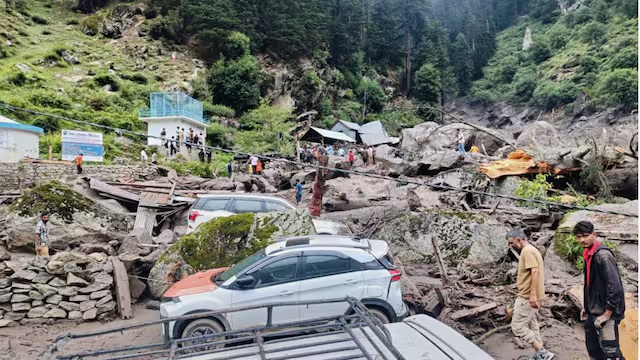
Bharat Bandh on July 9: Key Services Likely to Be Hit, What Will Remain Open
A coalition of 10 central trade unions and their affiliated organizations has called for a nationwide general strike or ‘Bharat Bandh’ on July 9, protesting what they describe as the government’s “anti-worker, anti-farmer, and pro-corporate” policies. In a joint statement, the forum urged for widespread participation to make the bandh a “grand success,” with unions across both formal and informal sectors actively mobilizing support.
The strike is expected to cause significant disruptions across several key sectors, as lakhs of workers prepare to join the protest. Here’s a look at what’s likely to be affected:
Services Likely to Be Disrupted:
- Banking Services – Employees from major public sector banks are expected to participate, potentially impacting branch operations, cheque clearance, and customer services.
- Postal Services – Postal workers joining the strike could lead to delays in mail delivery and other postal operations.
- Coal Mining and Factories – Workers from coal mines and industrial units are expected to walk off the job, affecting production and supply chains.
- State Transport Services – Public transport, including buses run by state governments, may see reduced operations or complete shutdowns in some regions.
- Public Sector Units and Government Departments – Employees from various PSUs and government offices are also likely to participate, which could lead to limited functioning or closures.
In addition to organized sector workers, farmers and rural workers are expected to join protests across the country. According to Amarjeet Kaur of the All India Trade Union Congress (AITUC), the movement aims to highlight long-standing grievances.
The unions have criticized the government for not convening the annual labour conference for the past decade, and for pushing forward with the four labour codes, which they argue are designed to weaken collective bargaining, curb union activities, and favor employers under the pretext of improving the “ease of doing business.”
While emergency services are likely to remain operational, citizens should prepare for disruptions in transport, banking, and government services throughout the day.













